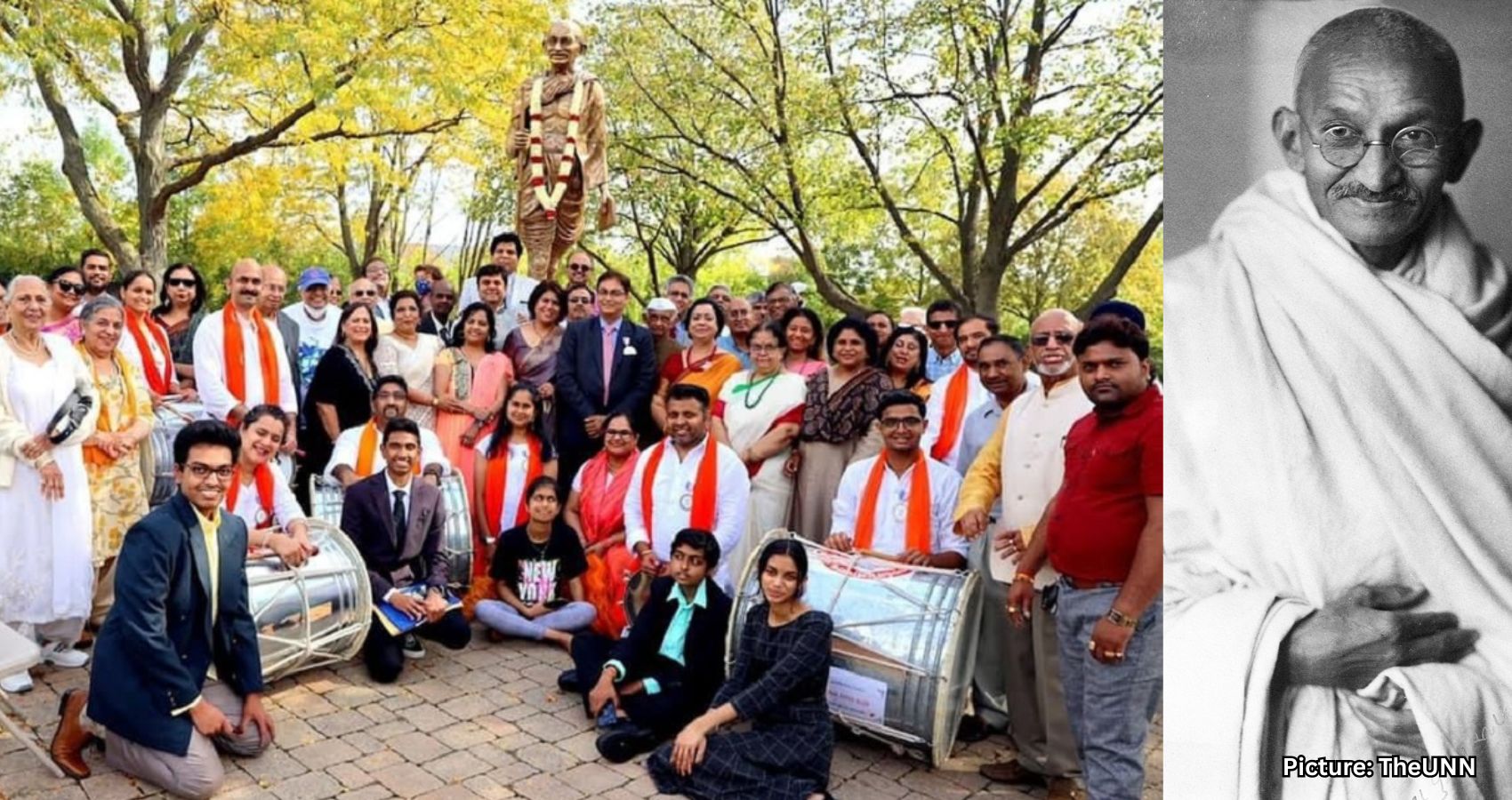On October 2, Mahatma Gandhi’s birth anniversary, a summit highlighted the philanthropic contributions of Indian Americans and their impact on society.
On October 2, the birth anniversary of Mahatma Gandhi, a summit focused on the philanthropic contributions of Indian Americans was hosted by Indiaspora and the Indian Philanthropy Association (IPA). The event provided valuable insights into the charitable inclinations and social impact of this community.
Indian Americans have made significant contributions to various sectors, with over $3 billion donated to American universities. Additionally, Indian students contribute approximately $10 billion annually to the U.S. economy. Notably, 78% of Indian Americans hold a Bachelor’s degree or higher, and they represent 10% of all doctors in the United States. Furthermore, Indian Americans account for 6% of tax contributions and own 10% of all patents. In the hospitality industry, they own 60% of hotel rooms, and in educational competitions, they have a strong presence, with 28 out of 34 participants in spelling bees being Indian Americans.
The summit sparked a lively discussion among delegates regarding the concept of ‘overheads’ in nonprofit organizations. Questions arose about whether CEOs should use private planes to address poverty and whether it is fair to judge nonprofits solely by their overhead ratios. The consensus emphasized the importance of passion for the cause over strict adherence to efficiency metrics. Minoo Gupta, Vice Chair of IPA, stated, “Efficiency is important, but overheads are the necessary backbone—you need systems and resources to make those programs run efficiently and with integrity.”
Nagma Mullah, CEO of the EdelGive Foundation, added another perspective, arguing that “accounting overhead captures inputs, not outcomes. Efficiency is not necessarily effectiveness.”
Research conducted by Dalberg, a global consulting firm, revealed that the philanthropic efforts of Indian Americans have tripled since 2017. Not only has the amount of money donated increased, but the percentage of their overall income allocated to philanthropy has also risen. Much of this giving is directed towards improving conditions in India, focusing on initiatives such as clean water access, food distribution, education, and job creation in rural areas. Interestingly, many attendees noted that they had not contributed to philanthropic efforts simply because they had never been asked.
Manu Chopra, founder of Karya, which provides digital employment opportunities to economically disadvantaged Indians, shared his personal journey. Growing up in the Shakurbasti area of Delhi, he credited sponsorships for his education, which ultimately led him to Stanford. To give back, Chopra established work opportunities in India for high-talent, low-opportunity communities, training candidates to work with companies like DeepMind and Microsoft Research, which offer wages significantly above the minimum wage. One of his standout candidates, a woman in her 50s, earned $800 in her first 20 hours at Karya.
Raju Reddy, founder of Sierra Atlantis, which has since been acquired by Hitachi, discussed his initiative, Kakatiya Sandbox, in rural Telangana, India. This initiative aims to create a sustainable ecosystem for long-term social impact. Reddy emphasized the importance of combining an entrepreneurial mindset with compassion to effectively address social challenges.
Desh Deshpande provided a thought-provoking conclusion to the summit by posing the question, “What would Gandhi do if he were alive today?” He reflected on the state of the world since 1948, noting that while some statistics may appear promising, Gandhi would likely be concerned about the growing wealth divide and the prevalence of violence and polarization. Deshpande suggested that Gandhi would advocate for a more compassionate approach to philanthropy, focusing on systemic change rather than creating dependency. He emphasized that Gandhi was not anti-technology but rather pro-human.
A recurring theme throughout the summit was the importance of keeping the beneficiaries in mind while planning philanthropic solutions. The central question remains: who are we ultimately serving?
Source: Original article

